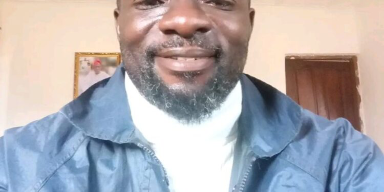Politics
Nobel laureate Muhammad Yunus to head Bangladesh’s interim government
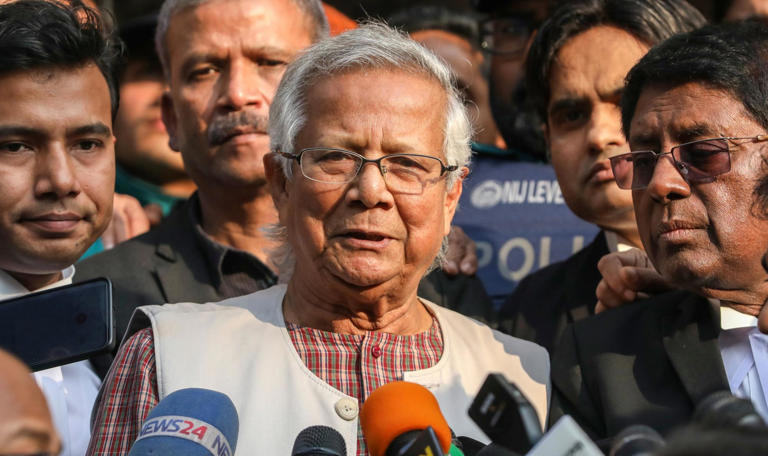
Story by Redwan Ahmed in Dhaka, Guardian staff and agencies
Nobel laureate Muhammad Yunus will head Bangladesh’s interim government after longtime prime minister Sheikh Hasina fled the country amid a mass uprising that left hundreds of people dead and pushed the South Asian nation to the brink of chaos.
The decision, announced early on Wednesday by Joynal Abedin, the press secretary of the country’s figurehead President Mohammed Shahabuddin, came during a meeting that included military chiefs, organisers of the student protests that helped drive Hasina from power, prominent business leaders and civil society members.
A longtime political opponent of Hasina, Yunus is expected to return from Paris, where he is advising Olympic organisers, on Thursday, when the interim government will also be sworn in.
His lawyers told the Guardian that a Dhaka court had overturned a conviction for labour law violations – one of scores of charges against him in the courts that Yunus said were part of a legal campaign of harassment prompted by Hasina.
An economist and banker, he was awarded the 2006 Nobel Peace Prize for his work developing microcredit markets. Yunus has been hailed for bringing thousands out of poverty through Grameen Bank, which he founded in 1983, and which makes small loans to businesspeople who wouldn’t qualify for regular bank loans.
Related: Sheikh Hasina: child of the revolution who eroded Bangladesh’s democracy
Other members of the new government would be decided soon, after discussions with political parties and other stakeholders, Abedin said. The president had dissolved parliament on Tuesday, clearing the way for an interim administration and new elections.
Shahabuddin also ordered the release of opposition leader Khaleda Zia from house arrest, a longtime Hasina rival who was convicted on corruption charges in 2018
Yunus, who had called Hasina’s resignation the country’s “second liberation day,” had faced corruption charges during her rule that he derided as politically motivated. He could not immediately be reached for comment, but a key organiser of the protests, Nahid Islam, said he had agreed to head the interim administration.
Islam said protesters would propose more names for the Cabinet and suggested that it would be difficult for those in power to ignore their wishes.
Hasina fled to India by helicopter as protesters defied a military curfew to march on the capital, with thousands eventually storming her residence and other buildings associated with her party and family.
Related: Under threat of jail, microfinance pioneer vows to keep lending to poorest Bangladeshis
The news that Yunus would lead the interim government came amid reports that Bangladesh’s army chief, Gen Waker-Uz-Zaman, told Hasina’s office that troops would not be able to enforce a curfew she had called for amid the protests, the night before she fled the country.
Hasina’s army chief held a meeting with his generals and decided that troops would not open fire on civilians to enforce the lockdown, according to two serving army officers with knowledge of the discussions, according to Reuters.
On Monday, Hasina resigned and fled the country after at least 300 people were killed in a crackdown on demonstrations that began as student protests against preferential job quotas and swelled into a movement demanding her downfall.
Students said the quota system disproportionately allocated government jobs to the descendants of freedom fighters from the 1971 independence war. The violence worsened on Sunday when 91 people were killed in nationwide clashes – the deadliest day since the protests began in July.
Zaman has not publicly explained his decision to withdraw support from Hasina and she could not be reached for comment. Her son and adviser, Sajeeb Wazed, also did not respond to repeated requests for comment, according to Reuters.
But India’s foreign ministry said on Tuesday that Hasina apparently decided to resign after a meeting with the leaders of the security forces. She then requested at short notice permission from New Delhi to come to India while Bangladesh authorities simultaneously sought flight clearance. According to the latest information, she is still in India.
Hasina, who has ruled Bangladesh for 20 of the last 30 years, was elected to a fourth term leading the country of 170 million in January, after arresting thousands of opposition leaders and workers. That election was boycotted by her main rivals.
Reuters contributed to this report
Politics
Electoral Reform: Dino alleges senate’s plot to rig 2027 election
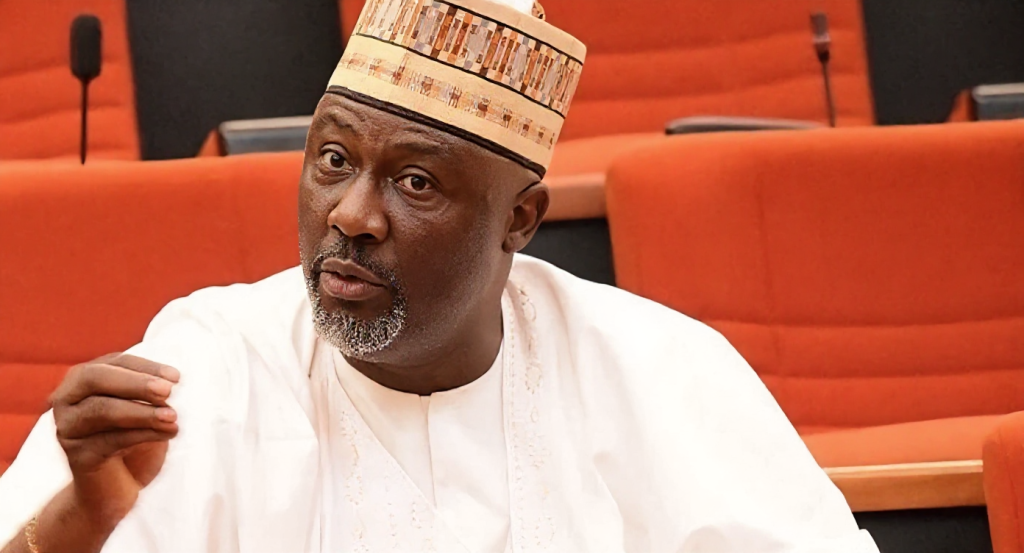
Former lawmaker, Dino Melaye Esq, has raised concerns over the Senate’s reported rejection of the electronic transmission of election results.
The move, according to Melaye, is a clear endorsement of election rigging and an indication of a sinister plan to rig the 2027 elections.
In a statement on Friday, the former lawmaker criticized the Senate’s decision, stating that it undermines the credibility of the electoral process.
The African Democratic Congress, ADC chieftain, also stated that the move opens the door for electoral manipulation and fraud.
He further warned that the rejection of electronic transmission of results is a step backwards for democracy in Nigeria.
Melaye called on lawmakers and citizens to stand up against “this blatant attempt to undermine the will of the people and ensure that future elections are free, fair, and transparent”.
Politics
Electoral Act: Nigerians have every reason to be mad at Senate – Ezekwesili
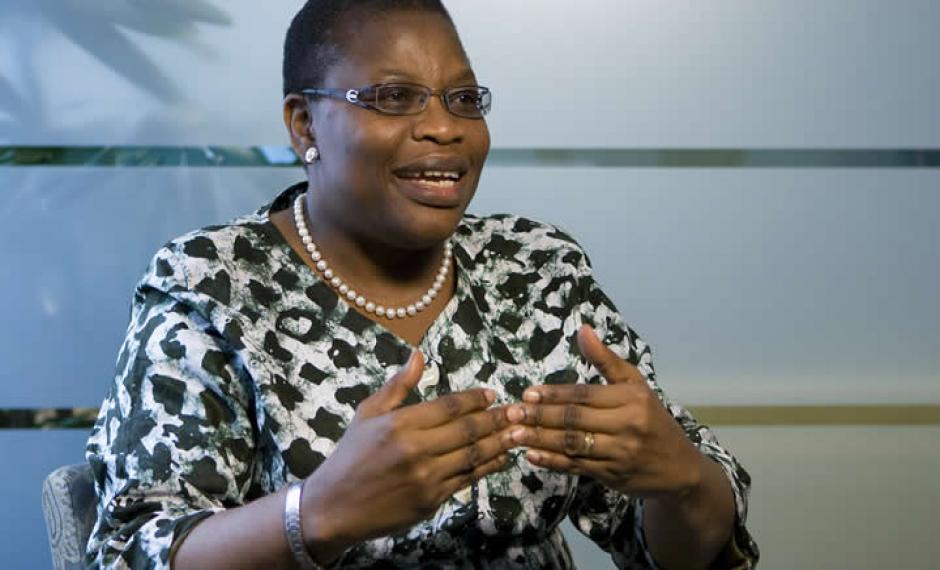
Former Minister of Education, Oby Ezekwesili, has said Nigerians have every reason to be mad at the Senate over the ongoing debate on e-transmission of election results.
Ezekwesili made this known on Friday when she featured in an interview on Arise Television’s ‘Morning Show’ monitored by DAILY POST.
DAILY POST reports that the Senate on Wednesday turned down a proposed change to Clause 60, Subsection 3, of the Electoral Amendment Bill that aimed to compel the electronic transmission of election results.
Reacting to the matter, Ezekwesili said, “The fundamental issue with the review of the Electoral Act is that the Senate retained the INEC 2022 Act, Section 60 Sub 5.
“This section became infamous for the loophole it provided INEC, causing Nigerians to lose trust. Since the law established that it wasn’t mandatory for INEC to transmit electoral results in real-time, there wasn’t much anyone could say.
“Citizens embraced the opportunity to reform the INEC Act, aiming to address ambiguity and discretionary opportunities for INEC. Yet, the Senate handled it with a “let sleeping dogs lie” approach. The citizens have every reason to be as outraged as they currently are.”
Politics
Electoral act: Senate’s action confirms Nigeria ‘fantastically corrupt’, ‘disgraced’ – Peter Obi
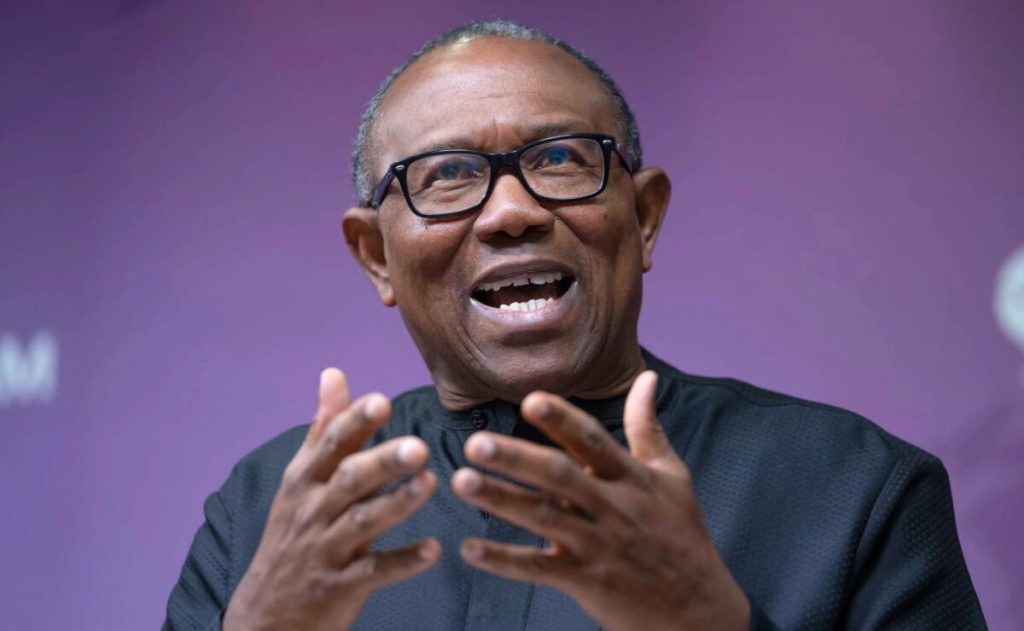
Former Labour Party presidential candidate, Peter Obi, has condemned the Senate’s refusal to make electronic transmission of election results mandatory, saying the move further exposes Nigeria as a fantastically corrupt and disgraced country.
Obi expressed his views in a statement shared on X on Friday, where he accused lawmakers of deliberately weakening Nigeria’s democratic process ahead of the 2027 general elections.
He explained that his reaction came after a brief pause to mourn victims of a deadly tragedy in Kwara State, where over 150 people reportedly lost their lives.
“Let us first pray for the souls of the innocent Nigerians lost in Kwara. That painful incident is why I delayed responding to the shameful development surrounding our electoral system,” he wrote.
Describing the Senate’s decision as intentional and dangerous, Obi said rejecting mandatory electronic transmission was not a simple oversight but a calculated attempt to block transparency.
“The Senate’s open rejection of electronic transmission of results is an unforgivable act of electoral manipulation ahead of 2027,” he said.
According to him, the action strikes at the heart of democracy and raises serious questions about the true purpose of governance in Nigeria.
“This failure to pass a clear safeguard is a direct attack on our democracy. By refusing these transparency measures, the foundation of credible elections is being destroyed. One must ask whether government exists to ensure justice and order or to deliberately create chaos for the benefit of a few.”
The former Anambra State governor linked the post-election controversies of the 2023 general elections to the failure to fully deploy electronic transmission of results, insisting that Nigerians were misled with claims of technical failures.
“
The confusion, disputes and manipulation that followed the 2023 elections were largely due to the refusal to fully implement electronic transmission,” he said.
He added that the so-called system glitch never truly existed.
Obi compared Nigeria’s electoral process with those of other African countries that have embraced technology to improve credibility, lamenting that Nigeria continues to fall behind.
“Many African nations now use electronic transmission to strengthen their democracy. Yet Nigeria, which calls itself the giant of Africa, is moving backwards and dragging the continent along.”
He criticised Nigeria’s leadership class, saying the country’s problems persist not because of a lack of ideas but because of deliberate resistance to meaningful reform.
“We keep organising conferences and writing policy papers about Nigeria’s challenges. But the truth is that the leaders and elite are the real problem. Our refusal to change is pushing the nation backwards into a primitive system of governance.”
Warning of the dangers ahead, Obi said rejecting electronic transmission creates room for confusion and disorder that only serves the interests of a small group.
He also recalled past remarks by foreign leaders who described Nigeria as corrupt, arguing that actions like this continue to justify those statements.
“When a former UK Prime Minister described Nigeria as ‘fantastically corrupt,’ we were offended. When former US President Donald Trump called us a ‘disgraced nation,’ we were angry. But our continued resistance to transparency keeps proving them right.”
Obi warned that Nigerians should not accept a repeat of the electoral irregularities witnessed in 2023.
“Let there be no mistake. The criminality seen in 2023 must not be tolerated in 2027.”
He urged citizens to be ready to defend democracy through lawful and decisive means, while also calling on the international community to closely monitor developments in Nigeria’s electoral process.
“The international community must pay attention to the groundwork being laid for future electoral manipulation, which threatens our democracy and development,” Obi stated.
He concluded by expressing hope that change is still possible if Nigerians take collective responsibility.
“A new Nigeria is possible but only if we all rise and fight for it.”
-
Business1 year ago
US court acquits Air Peace boss, slams Mayfield $4000 fine
-

 Trending1 year ago
Trending1 year agoNYA demands release of ‘abducted’ Imo chairman, preaches good governance
-

 Politics1 year ago
Politics1 year agoMexico’s new president causes concern just weeks before the US elections
-

 Politics1 year ago
Politics1 year agoPutin invites 20 world leaders
-

 Politics1 year ago
Politics1 year agoRussia bans imports of agro-products from Kazakhstan after refusal to join BRICS
-
Entertainment1 year ago
Bobrisky falls ill in police custody, rushed to hospital
-
Entertainment1 year ago
Bobrisky transferred from Immigration to FCID, spends night behind bars
-
Education1 year ago
GOVERNOR FUBARA APPOINTS COUNCIL MEMBERS FOR KEN SARO-WIWA POLYTECHNIC BORI







